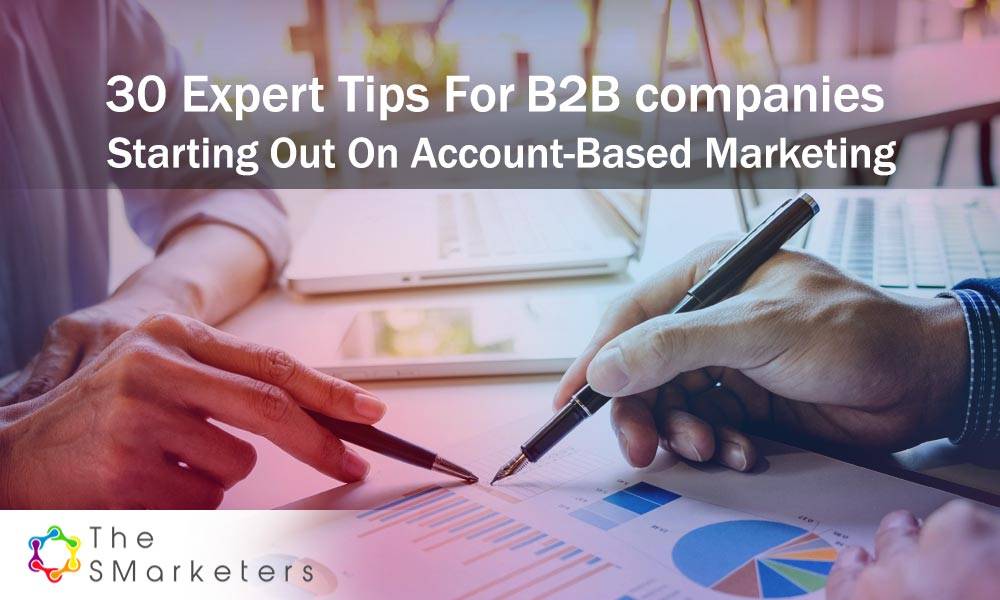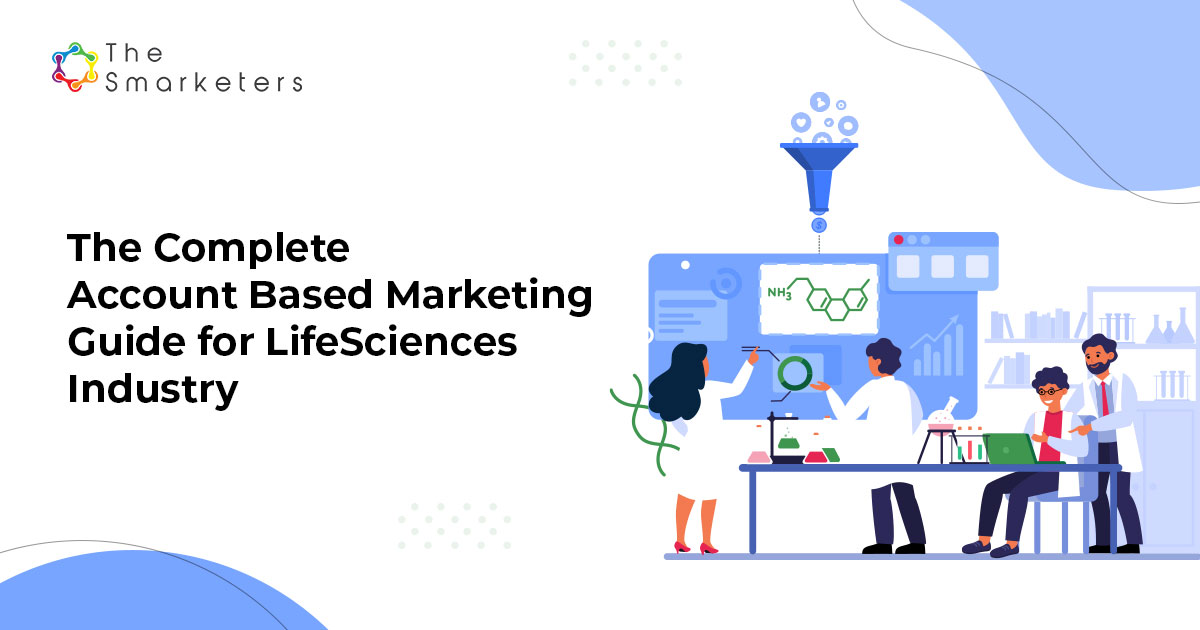The concept of humanizing a B2B brand has more often been used in the context of a B2C brand. It’s commonly believed that B2B businesses involve buying decisions that are mostly driven by logic and have less to do with emotion. While this may be so, we cannot ignore the fact that the buyer on the other side is a person and humans are wired for connection. Human emotion is a potent decision driver —90% of human decisions are based on emotions. According to research by CEB Marketing in partnership with Google and Motista, 50% of B2B buyers are more likely to make a purchase if they connect to a brand on an emotional level.
Social Media is probably the most powerful medium to show the human aspect of your brand, it has evolved into the go-to platform for relationship and brand management. According to an IDC Study, 75% of B2B buyers and 84% of C-level and VP-level executives use social media to make buying decisions. In this age of inbound marketing events and virtual events dealings, there is a need to develop a relationship with your users that is beyond transactional. Humanizing a brand builds a sense of trust and belongingness among the audience and thus fosters a deeper connection.
Personalized Content
For a very long time, B2B Brands have focused on a product centric-model of marketing. Of course, an understanding of the unique product features influences the purchase decision. However, it must be balanced with what your audience is looking for.
Embracing empathy in B2B marketing inspires a sense of trust among the audience. This can be done by adopting an audience-centric approach to content marketing which involves posting content and offering resources that address their challenges and pain points. If you give your audience what they are looking for, they will come looking for you when they need you.
Incorporate Storytelling in Your Communication
Storytelling helps attract people’s attention and opens a door to emotion and empathy. Stories bind people, teams, and organizations together and have the power to direct their actions. HubSpot calls storytelling the heart of inbound marketing. Stories have the power to bring abstract concepts to life. Businesses with complicated offerings can use real-life stories to simplify and describe how their products can benefit users. Stories that place your customer or audience at the heart of it, build a sense of involvement and connection.
Approachable and Engaging Communication
Social Media Marketing encourages two-way interactive communication between the brand and its users. Engage in conversations that your target audience is interested in instead of pushing your product and offerings to them. A brand that focuses on what its audience has to say and listens to them naturally builds their trust and confidence. B2B Brands are notorious for using corporate jargon and overly fluffed-up language in its communication which adds a formal and distant tone to the conversation. Communicating in an interesting and engaging yet informative way makes the brand more approachable and builds credibility and loyalty.
Showcase the People Behind the Brand
It is a common saying that people do business with people they know and trust. Regardless of how phenomenal a product might be, at the end of the day, it is the people running the company with whom the client would be dealing with. Learning about them, their expertise, their beliefs and their inspiration help users see the company beyond its faceless entity. Posting videos, pictures and stories about the company culture, thought leadership content and snippets about the people working there inspires a sense of connection among the audience.
Define Brand Personality
A person’s personality is seen by the way he talks or behaves. Similarly, a brand’s personality is reflected by the way it speaks and resonates with its audience. A brand’s personality is an embodiment of its values and vision. When a brand showcases traits like minimalistic or innovative or adventurous or humorous, it humanizes it to a great degree. Developing a brand personality renders consistency to its voice and tone. This familiarity inspires a deeper relationship with your audience.
Share Case Studies and Testimonials
Its human tendency is to seek social proof before making a decision. Most people seek the opinion of other people before arriving at their decision. This is the reason why people check out reviews or contact your current buyers before buying your products and services. They want to be sure that they are not making a bad choice. And we all know, a B2B buying decision has really high stakes. Posting case studies depicting your work and sharing testimonials from your clients on social media pages will enforce trust and credibility.
Showing Up
Often brands schedule their posts on social media and are not available to respond to comments, reviews, questions, feedback, etc. posted by their users. Showing up when needed by your users is a crucial part of humanizing a B2B Brand. A brand that listens to the concerns of its customers and addresses them with compassion proves its reliability among its audience.
Conclusion
Humanizing a B2B Brand calls for a shift from product to the audience. It means acknowledging that buying decisions are driven by emotion and marketing to challenges faced by the decision-makers, not your company’s offerings. In today’s competitive landscape, humanizing the brand renders it a personality that differentiates it from its competitors. It inspires a sense of connection and trust among the audience that drives customer loyalty and ultimately business success.













